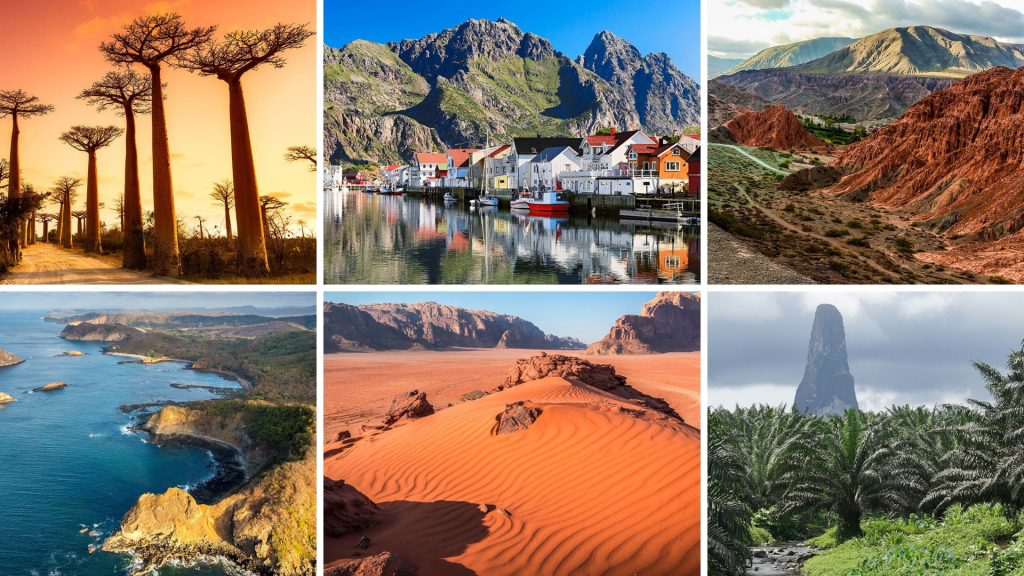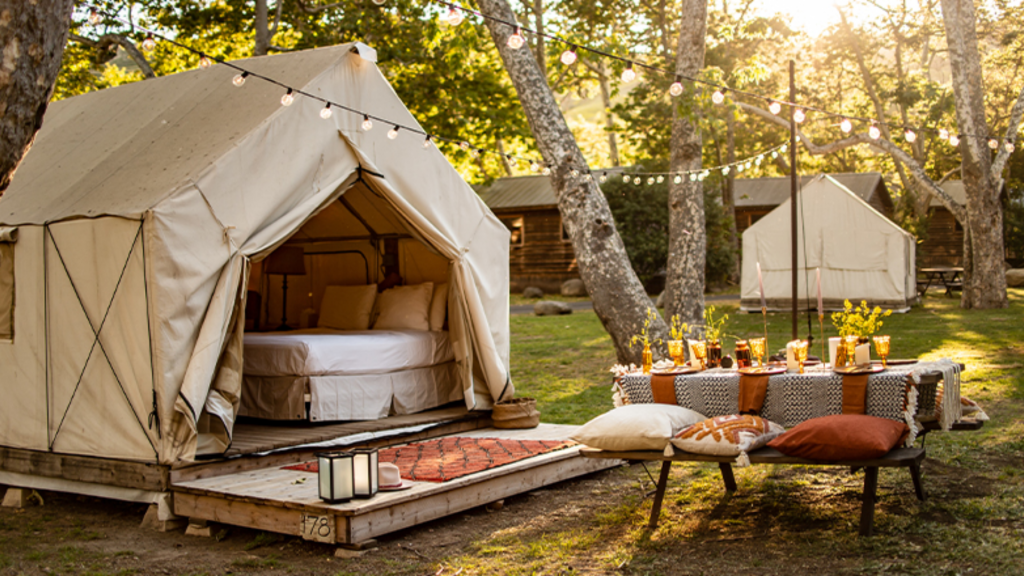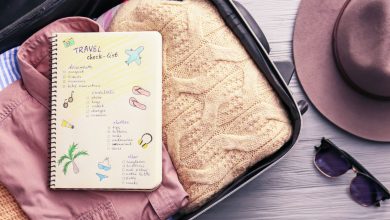Mastering the Art of the Ideal Vacation

Embarking on the journey of mastering the art of the ideal vacation involves more than just choosing a destination and booking a flight. It’s about creating an experience that leaves you rejuvenated and satisfied. In this guide, we’ll explore the key elements that contribute to the perfect vacation, from planning and destination selection to immersive experiences and sustainable practices.
1. Importance of Planning

Setting Goals for the Vacation
Before diving into the logistics, take a moment to define what the ideal vacation means to you. Are you seeking adventure, relaxation, or a cultural exploration? Setting clear goals helps shape your itinerary and ensures a fulfilling experience.
Budgeting for a Memorable Experience
Finances play a crucial role in vacation satisfaction. Establish a realistic budget that includes accommodation, transportation, activities, and meals. This proactive approach prevents financial stress during and after your trip.
2. Choosing the Perfect Destination

Researching Destinations
The world is vast and diverse, offering a plethora of destinations. Research potential locations, considering factors like climate, activities, and cultural richness. Make a list of destinations aligning with your vacation goals.
Considering Travel Restrictions
Stay informed about travel restrictions, visa requirements, and safety conditions. This step ensures a seamless journey without unexpected hurdles, providing peace of mind throughout your vacation.
3. Accommodation Options

Hotels, Resorts, or Vacation Rentals
The accommodation sets the tone for your stay. Evaluate options like hotels, resorts, or vacation rentals based on your preferences and budget. Read reviews to gather insights into the experiences of previous guests.
Reading Reviews for Informed Decisions
Online reviews are valuable resources. Utilize platforms like TripAdvisor or Google Reviews to gain an understanding of the pros and cons of potential accommodations. Honest feedback assists in making informed decisions.
4. Crafting a Flexible Itinerary
Balancing Activities and Relaxation
Strike a balance between planned activities and downtime. A flexible itinerary allows for spontaneous adventures while ensuring you make the most of your time.
Being Open to Spontaneity
While planning is essential, leave room for spontaneity. Serendipitous moments often lead to unforgettable experiences. Embrace the unexpected and be open to new possibilities.
5. Packing Essentials
Creating a Checklist
Prepare for your journey by creating a comprehensive packing checklist. Consider essentials like travel documents, clothing suitable for the destination, toiletries, and any specific items required for planned activities.
Weather-Appropriate Clothing
Check the weather forecast for your destination and pack accordingly. Being prepared for varying weather conditions ensures comfort throughout your trip.
6. Navigating Transportation
Booking Flights and Transfers
Secure your transportation early. Compare flight options, look for deals, and consider factors like layovers and travel time. Plan transfers from the airport to your accommodation for a smooth arrival.
Renting Vehicles or Using Public Transportation
Explore transportation options within your destination. Depending on your itinerary, renting a vehicle or using public transportation may be more convenient. Evaluate the pros and cons of each.
7. Capturing Memories

Photography Tips for Travelers
Document your journey with captivating photographs. Learn basic photography tips to capture the essence of your vacation. These images will serve as cherished memories long after your return.
Keeping a Travel Journal
Complement your visual memories with a travel journal. Record your thoughts, experiences, and any amusing anecdotes. A journal becomes a personal keepsake, preserving the details of your adventure.
8. Managing Travel Stress
Dealing with Unexpected Situations
Despite meticulous planning, unforeseen circumstances may arise. Stay calm and adaptable when facing challenges, keeping in mind that they often become the most memorable parts of the journey.
Staying Calm and Adaptable
Flexibility is key to mastering the art of the ideal vacation. Be prepared to adapt to changes in plans and embrace the spontaneity that travel brings. A positive mindset enhances the overall experience.
9. Returning Home

Reflecting on the Experience
As your vacation concludes, take time to reflect on the experience. Consider what worked well, memorable moments, and any lessons learned. This reflection enhances future trip planning.
Planning Future Vacations
Use insights from your reflection to plan future vacations. Adjust your approach based on what brought you the most joy, allowing each trip to build upon the lessons of the last.
Conclusion
Mastering the art of the ideal vacation is a personal journey that goes beyond visiting picturesque locations. It involves intentional planning, embracing the unexpected, and immersing oneself in the local culture. By incorporating these elements, you can elevate your travel experiences, creating memories that



